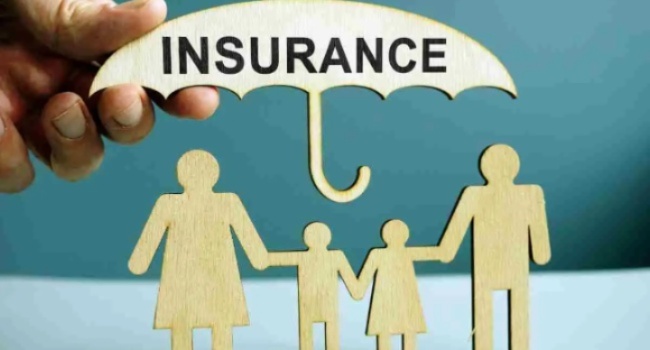Kristalina Georgieva, managing director, International Monetary Fund (IMF), said coordination among international financial institutions (IFIs) is crucial to alleviating food insecurity in vulnerable countries.
Georgieva made this known in a statement published on IMF’s website on Wednesday.
The IMF chief said Russia’s invasion of Ukraine had created “a crisis on top of a crisis” around the globe with countries facing food shortages and sharply higher prices for food, energy, and fertilisers.
Join our WhatsApp ChannelAccording to her, the pressures occur at a time when countries’ public finances have already stretched from the pandemic and debt burdens are high.
Georgieva said with inflation reaching the highest levels seen in decades, vulnerable households in low-and middle-income countries were most at risk of acute food insecurity.
She noted that history had shown that hunger often triggered social unrest and violence.
“If we have learnt one lesson from the 2007 to 2008 food crisis, it is that the international community needs to take fast and well-coordinated actions to tackle a food crisis by maintaining open trade, supporting vulnerable households, ensuring sufficient agricultural supply, and addressing financing pressures,” she said.
“I am glad that the heads of the IFIs worked together to propose concrete actions. Coordination between us will be critical for the plan to have maximum impact in quickly alleviating food insecurity, especially for the most vulnerable households in the most vulnerable countries.
“Working closely with the World Bank and other International Financial Institutions, the IMF will provide policy advice, capacity development assistance, and financial support to help further catalyse and complement financing from other institutions.
The IMF is investing in its monitoring capabilities to allow for timely identification of countries with the most pronounced financing pressures, especially fragile and conflict-affected states, which will particularly be affected by food insecurity.”
Georgieva added that IMF was also working with country authorities on macroeconomic frameworks and policy priorities.
According to her, a critical area of focus is to assist countries in their efforts to rapidly improve social safety nets to protect vulnerable households from the imminent threat of hunger.
“Helping members identify ways to safeguard food security without resorting to export restrictions has been another priority,” she added.
Inflation is rising to unprecedented heights across the globe, forcing governments to raise interest rates.
On Wednesday, the inflation rate reached 9 per cent in the United Kingdom. Nigeria is also not spared from surging food prices.
The Food and Agriculture Organisation (FAO) of the United Nations has linked the soaring prices of food to supply disruptions caused by Russia’s invasion of Ukraine.


















Follow Us